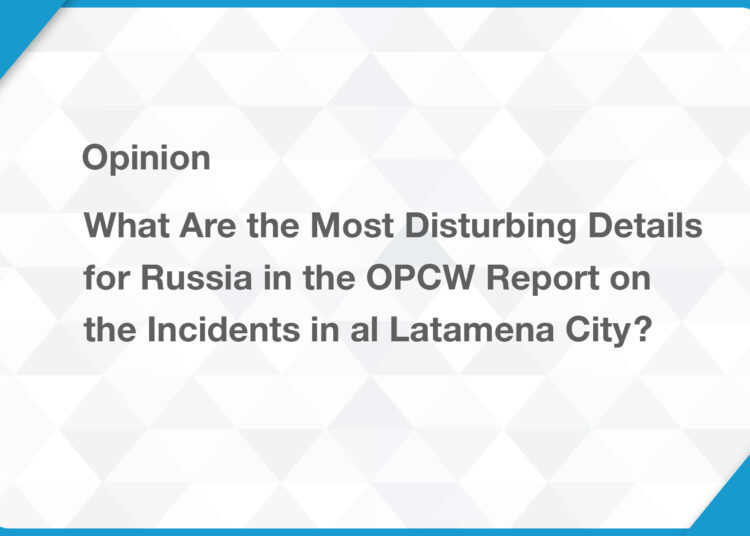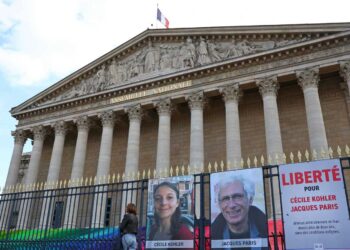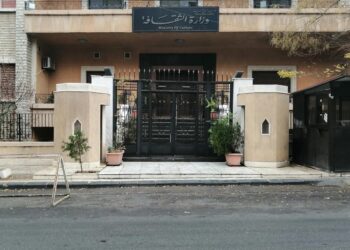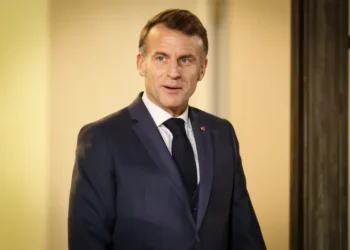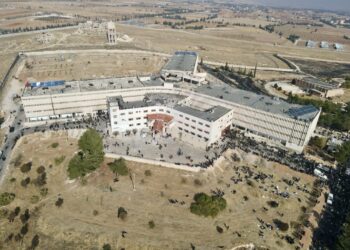On June 27, 2018, the mandate of the Organization for the Prohibition of Chemical Weapons (OPCW) was expanded , with its new remits including the ability to identify those responsible for the use of chemical weapons, a crucially important achievement in the fields of law and human rights. The primary cause behind the OPCW’s expanded remit were the victims killed or injured by the Syrian regime’s use of chemical weapons against them, especially after Russia ended the work of the international Joint Investigative Mechanism established by Security Council Resolution 2235 in August 2015 in order to identify the perpetrators of the crime of using chemical weapons. Russia achieved this by using its veto power at the Security Council in November 2017 on two consecutive occasions within 24 hours.
A few months later, on April 7, 2018, the Syrian regime again used chemical weapons against the people of Douma city in Damascus Suburbs. With no specialist chemical committee qualified to officially identify the perpetrators of the crime (there is a committee specializing in identifying the perpetrators of crimes, namely the Independent International Commission of Inquiry (COI), whose mandate includes all violations committed in Syria, including those using chemical weapons, but this committee does not specialize in chemical weapons specifically). On April 10, 2018, the United States of America submitted a draft resolution to the Security Council to establish an investigation committee that would have the remit to identify those responsible for using chemical weapons, but this effort was thwarted again by the Russian veto; Russia’s ability to invoke a veto in this way is why most of the world’s countries have resorted to supporting expansion of the OPCW’s mandate. As expected, a number of countries hostile to giving broader powers to international law opposed expanding the OPCW’s remit, and it virtually goes without saying that these countries are: Russia, China, Iran, Lebanon, Venezuela, Cuba, North Korea, and similar authoritarian states that brutally control their peoples and seek to vote for each other in international forums as a bloc opposed to democracy and human rights.
